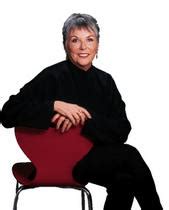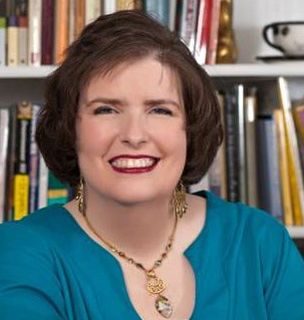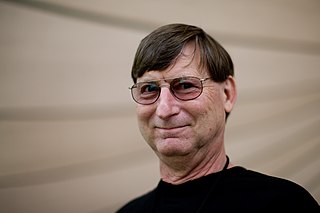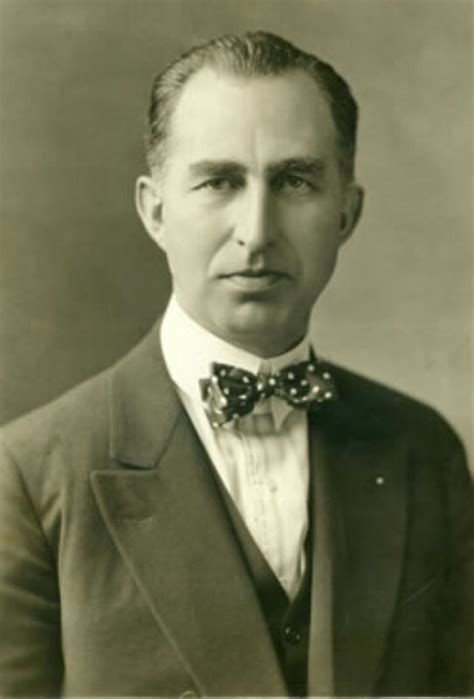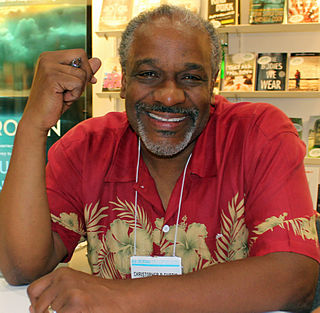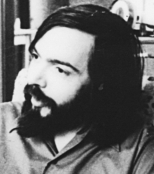A Quote by Doris Kearns Goodwin
There are 20,000 million books I could have to read, but I can pick the ones and know that I'm learning something that I didn't know before. That's the glory of writing. It's not even so much the writing, it's what you learn - especially history - because so much of it is research.
Related Quotes
I think that I had read so much fiction that the craft itself sort of sank into me. I didn't read any 'how to' books or attend any popular-fiction-writing classes or have a critique group. For many years into my writing, I didn't even know another author. For me, a lot of reading was the best teacher.
You learn so much with each book, but it's what you teach yourself by writing your own books and by reading good books written by other people - that's the key. You don't want to worry too much about other people's responses to your work, not during the writing and not after. You just need to read and write, and keep going.
It isn't that information is exploding, but accessibility is. There's just about as much information this year as there was last year; it's been growing at a steady rate. It's just that now it's so much more accessible because of information technology. The consensus is that a Web crawler could get to a terabyte of publicly accesible HTML. A terabyte is about a million books. the UC Berkeley library has about 8 million books, and the Library of Congress has 20 million books.
I try to make the writing as regular and regimented as possible. I usually get up at around 5 a.m. and read what I wrote the day before. Some of the time, after I read, I think the writing's very good and some of the time I feel embarrassed by what I've written. You have to learn not to pay too much attention to these feelings.
I know I'll keep writing poems. That's the constant. I don't know about novels. They're hard. It takes so much concentrated effort. When I'm writing a novel it's pretty much all I can do. I get bored. It takes months. Movies do the same thing. It's all-encompassing. It feels like I'm going to end up writing poems, short stories and screenplays.
Writing fiction is very different to writing non-fiction. I love writing novels, but on history books, like my biographies of Stalin or Catherine the Great or Jerusalem, I spend endless hours doing vast amounts of research. But it ends up being based on the same principle as all writing about people: and that is curiosity!
I feel with writing, so much of the time, I don't know how to tap in and be spontaneous and alive on a daily basis. So I don't write every day. I'm just not disciplined, and I can't be in the groove most of the time. I feel like I'm in the groove ten days a year or something. But with reading and research, I feel like I have this incredibly instinctive pleasure-driven process that ends up working out for me and inspiring me. It's almost like a maze, like I know eventually I'll hit the heart of my play if I read enough books.
Writing is a bit like walking into a big bookstore. It's the bookstore of your brain, and you know you're never going to read all those books. It makes you happy you're in the bookstore, and you're nervous because you know you're never going to read all those books. So the nervousness is also happy. Once I get going writing poetry is one of the happiest things I do, but it is also fraught with all of these anxieties.
In the end all books are written for your friends. The problem after writing One Hundred Years of Solitude was that now I no longer know whom of the millions of readers I am writing for; this upsets and inhibits me. It's like a million eyes are looking at you and you don't really know what they think.



